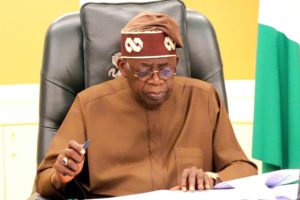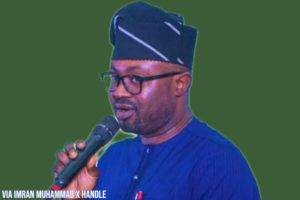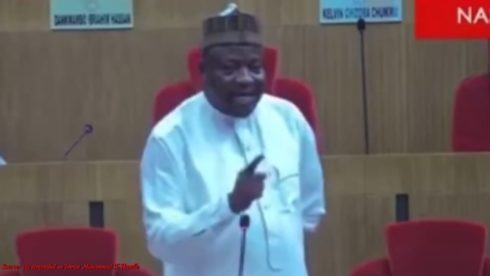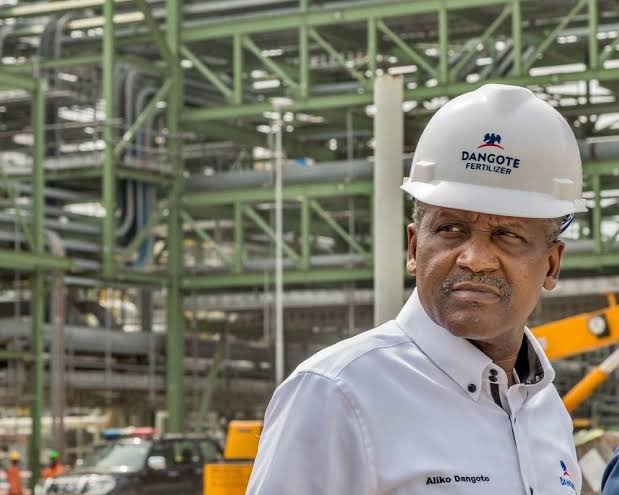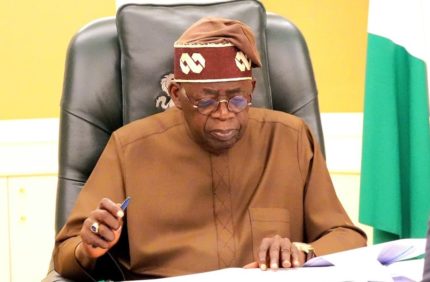Senator Sumaila Abdulrahman-Kawu has made a strong case for holding politicians accountable for the alarming rise in drug abuse across the country. During a recent public address, he highlighted the role that political leaders play in either supporting or turning a blind eye to drug misuse in their constituencies. He stated, “How many of us here can swear with the Quran or the Bible that they are not supporting drug abuses in their constituencies?”
The senator’s remarks have ignited a crucial conversation about the responsibilities of public officials. He emphasized the need for greater scrutiny of politicians, especially in their efforts to curb drug-related issues. This statement comes amid increasing concerns about the pervasiveness of drug abuse, particularly in rural and underdeveloped areas where enforcement is weak.
Politicians Must Take Drug Tests Before Contending for Office, Says Senator Sumaila Abdulrahman-Kawu
In a recommendation, Senator Sumaila Abdulrahman-Kawu proposed mandatory drug testing for political candidates and appointees before they can contest in elections or assume public office. He argued that such measures are necessary to ensure that leaders can uphold the law without being compromised by personal drug abuse habits.
This recommendation is gaining traction as many see it as a step towards cleaning up the political landscape. Advocates for drug reform believe that instituting drug tests for politicians would set a strong precedent, showcasing the government’s commitment to combating the nation’s drug crisis.
Drug Abuse: A Growing Concern Nationwide
The senator’s comments come at a time when Nigeria is grappling with an increase in drug abuse cases, particularly among the youth. According to reports from the National Drug Law Enforcement Agency (NDLEA), the prevalence of drug misuse has escalated over the last decade, with substances like methamphetamine and opioids becoming widely available.
Communities nationwide have reported devastating effects, including rising crime rates and broken families. Efforts by law enforcement agencies have been inconsistent, with many accusing politicians of complicity, either through neglect or direct involvement in the drug trade.
Political Accountability Tied to Community Well-being
Sumaila Abdulrahman-Kawu’s call for political accountability extends beyond mere rhetoric, as he underscores the need for lawmakers and elected officials to be directly involved in solving the drug crisis. He criticized politicians who are aware of drug-related activities in their constituencies yet choose to remain silent or inactive due to fear of political repercussions or personal gain.
His remarks have stirred public debate on the ethics of leadership and governance. Many citizens are now questioning the integrity of their local politicians, demanding more transparency and a hands-on approach in tackling the drug menace in their communities.
The Role of Governance in Drug Abuse Control
Good governance is at the heart of any effective drug control strategy, according to Sumaila Abdulrahman-Kawu. He believes that the government must set up more stringent policies and empower law enforcement agencies to root out drug cartels and traffickers. The senator also called for improved rehabilitation programs for those battling addiction, suggesting that it is not enough to penalize drug abusers without offering support for recovery.
Experts agree that without strong leadership, the fight against drug abuse cannot be won. Many view the senator’s proposals as a long-overdue initiative to hold the political class responsible for playing a proactive role in curbing drug abuse and promoting a healthier society.
Public Reactions: A Divided Opinion
Senator Sumaila Abdulrahman-Kawu’s remarks have garnered mixed reactions from the public and other politicians. Some applauded his candor, seeing it as a much-needed critique of Nigeria’s political system. Others, particularly those within political circles, have remained silent or criticized the senator for placing undue blame on public officials.
While the suggestion of mandatory drug tests for politicians has raised eyebrows, many citizens support the idea, believing it could foster a new era of accountability. However, critics argue that this approach oversimplifies a deeply rooted issue, stressing that a comprehensive strategy is needed to address the social and economic factors driving drug abuse in the country.
Table of Contents
Discover more from OGM News NG
Subscribe to get the latest posts sent to your email.





